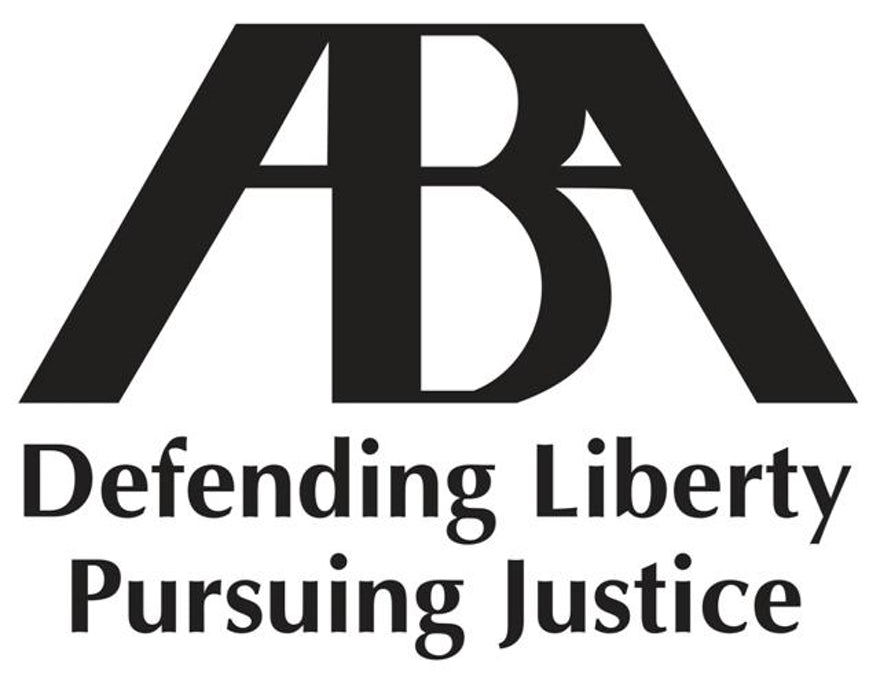Loan Modification Errors
Why You Need a Loan Modification Lawyer
You can’t deny it – the economy has taken a few hard knocks in the past couple of years. As a result, the mortgage industry hasn’t been spared destruction. The ills that have befallen this once-thriving industry are tough and unwavering; you’ll find little sympathy from lenders who still consider themselves experts on mortgages. If you find yourself in unwanted arrears and unable to keep tabs on your payments, you need to quickly call a loan modification lawyer and get back on track with your mortgage.
What is a Loan Modification?
A loan modification is a legal process where you ask your lender to change the terms of your loan so that you can afford to pay it. This can include lowering the interest rate on your loan, extending the length of time your payments are due, or even reducing the amount of money you owe.
Why You Need a Loan Modification Lawyer
If you have fallen behind on your mortgage payments and are in danger of losing your home, it may be time to consider filing for bankruptcy. Filing for bankruptcy will allow you to consolidate all of your debts and get rid of them once and for all so that you can begin rebuilding your credit score from scratch.
However, some types of debts cannot be eliminated through bankruptcy proceedings, including student loans and child support payments. If this is true for you, it makes sense to pursue a loan modification instead because this will allow you to keep your home without having any other debt hanging over your head like an albatross around its neck! In addition, hiring a loan modification attorney has the following benefits:
They can help you take advantage of the loan modification process
A loan modification lawyer can help you get out of a bad mortgage loan and into a more affordable one by negotiating with the lender to develop an agreement that works for both parties. The mortgage modification process begins by talking with your lender about your situation and explaining why you need help. Your lender will then look at your income, expenses, and other factors, such as whether or not you have any equity in the house (if not, they may deny the request).
They have experience with financial institutions
Loan modification attorneys have experience negotiating with lenders and can help arrange an affordable payment plan within your budget. A reasonable loan modification attorney will review all of the documents related to your home loan and work directly with lenders to ensure that they are receiving accurate information regarding your financial situation.
Works with your best interest at heart
Your lender may have a lawyer, but that lawyer works for the lender and is looking out for their best interests. On the other hand, a loan modification lawyer works just for you and is looking out for you and your family’s best interests.
Offer legal advice
A loan modification attorney offers legal advice on modifying mortgages and loans. They are available to help homeowners struggling with their mortgage payments due to unemployment, divorce, or medical problems.
The attorney can help you negotiate a reduction in your monthly payments or lower the interest rate on your home loan. They can also advise you on other available options, such as refinancing your home or getting a deed-in-lieu of foreclosure (wherein the borrower gives up their house).
Ensures the process runs smoothly
In some cases, you may be able to get a loan modification on your own by going directly to your lender or another financial institution. However, if you do not understand how these types of negotiations work, it might be better to have a professional handle this process for you. A good loan modification lawyer will know exactly what to say and when.
An experienced loan modification attorney will ensure that the process is done right and that there won’t be any surprises in the future that adversely affect your finances. They can help you renegotiate your loan terms with your lender so that you can stay in your house and avoid foreclosure.
Eligibility Requirements for a Loan Modification
If you’re interested in applying for a loan modification, it’s essential to know what kind of eligibility requirements you’ll need to meet. This will help you understand if your situation qualifies for this type of help and determine how much work needs to be done on your end before applying.
There are two main categories for eligibility requirements: financial and legal. Financial needs may include things like proving income or having assets that can be used as collateral. On the other hand, legal requirements involve establishing that the lender violated your rights under state law or that they’ve already gone through foreclosure proceedings on your property without your consent.
It’s also essential to ensure your situation meets all of these criteria:
- You have not missed any payments within the past six months
- You have been paying on your mortgage for at least three years
- The house has lost value
- You are behind on payments due to extenuating circumstances such as unemployment or illness
- Your income has decreased significantly since signing your mortgage agreement
- You had no idea there were problems with your credit score when applying for the loan
Understanding Chapter 13 Bankruptcy

Chapter 13 bankruptcy is designed to help you keep your property and pay off debts through a court-approved payment plan. In contrast to Chapter 7 bankruptcy, which erases most types of debt, Chapter 13 allows you to keep your property and repay some or all of your debts over three to five years.
This is a good option if you have enough income to make monthly payments on unsecured debts such as credit cards or medical bills but not enough to pay off the unsecured debt within the typical three-to-five-year time frame.
Who Qualifies for Chapter 13 Bankruptcy?
To qualify for Chapter 13 bankruptcy protection, an individual must:
- Be at least 18 years old (or be an emancipated minor)
- Have enough assets to pay at least some of what you owe creditors
- Willing to make payments under a court-approved plan for three to five years (or longer)
- Have a regular source of income that is enough for basic living expenses and reasonably foreseeable emergencies (typically about $1,000 per month), and
- Have received credit counseling from a nonprofit credit counseling agency within 180 days before filing the petition.
If you meet the above qualifications, a foreclosure defense attorney can help you apply for chapter 13 bankruptcy.
The first step in applying for a Chapter 13 bankruptcy is to file the appropriate forms with the bankruptcy court. The papers are available on the court’s website. In general, these forms include:
- A personal bankruptcy petition that lists your assets and liabilities, your income and expenses, and any debts that you want to discharge
- A statement of financial affairs, which lists all of your assets, including real estate, investments, and retirement accounts, as well as any other property
- A schedule of current income and expenditures, which lists all of your current monthly income from all sources (including Social Security and disability payments) as well as any monthly expenses you incur
- A list of creditors who will be notified about your bankruptcy filing and who will be paid first (if anything at all) when your debts are discharged at the end of the bankruptcy process
When you apply for Chapter 13 bankruptcy, you will be asked to make some choices. These choices may include whether to file a joint or individual petition and how much disposable income you need to pay back your creditors.
The following is a list of steps that will help you complete your Chapter 13 bankruptcy application:
- Fill out the paperwork
- Calculate your monthly income
- Choose how much money to give back to your creditors each month (this is called your “disposable income”)
- Sign and date all required documents
- File your petition with the bankruptcy court
A loan modification attorney can help you prepare this petition and file it with the court. In some cases, an attorney may also negotiate with your lender or other creditors on your behalf. This negotiation process can help determine whether or not you qualify for bankruptcy protection and what type of relief you may be entitled to receive from those parties involved in your case.
Does it Make Sense to Hire an Attorney to Help With My Loan Modification?
It’s a good idea to hire an attorney for any legal issue, but especially for a loan modification. If you’re dealing with your lender directly, you’re not just dealing with one person but with the bank’s entire team of experts and specialists.
In addition, there are a lot of technicalities involved in loan modifications that can make it difficult for the average homeowner to navigate on their own. The laws surrounding foreclosure and loan modifications change frequently. Even if you think you understand them perfectly well, there’s no guarantee that your lender will follow them precisely as they were written.
An experienced attorney knows how to negotiate with lenders and how to read through documents so that she can spot any potential problems before they arise.
If you’re interested in filing for a loan modification or Chapter 13 bankruptcy, talk to Las Vegas loan modification attorney from Nevada Bankruptcy Attorneys. Our team will review your financial situation and determine whether filing for a loan modification is right for you.







